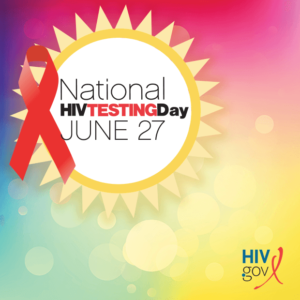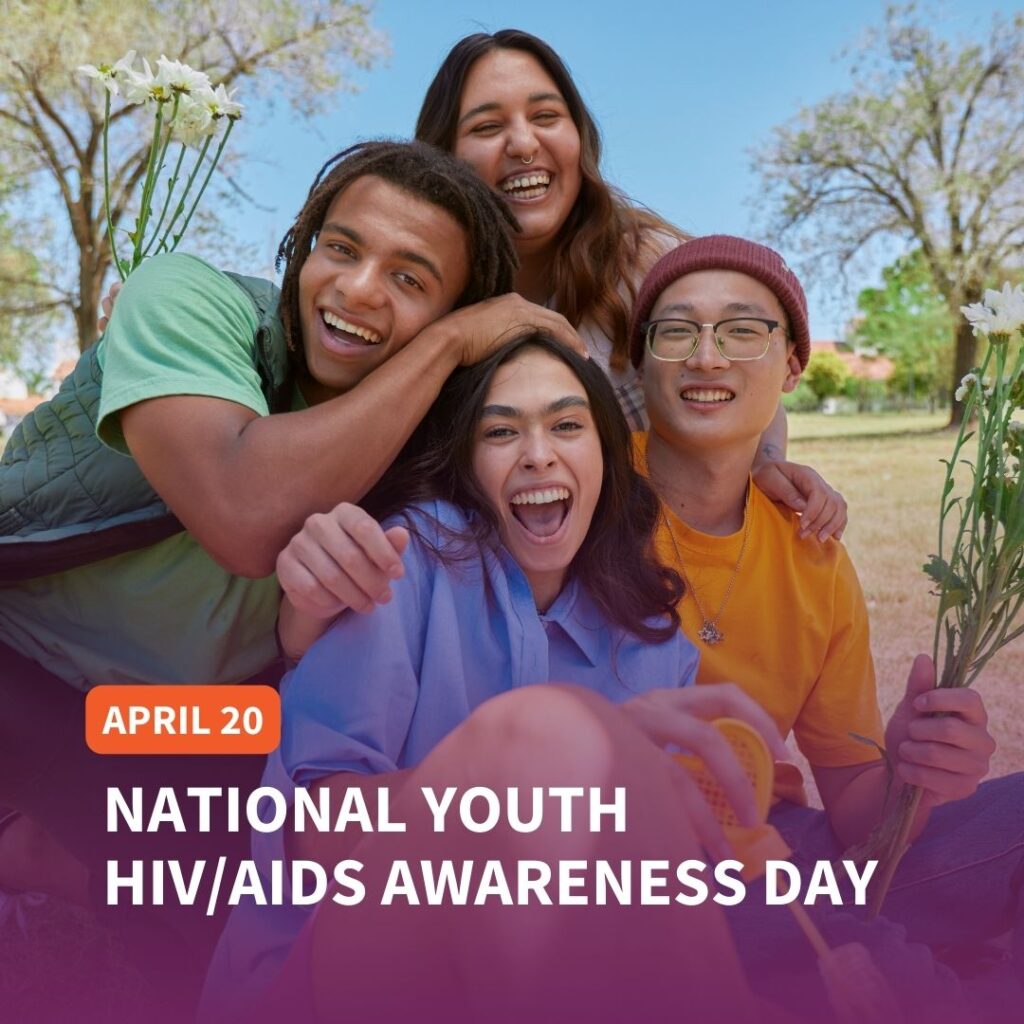June 27 is National HIV Testing Day, first observed on June 27, 1995, National HIV Testing Day (NHTD) is a day to encourage people to get tested for HIV, know their status, and get linked to care and treatment. The 2021 theme — “My Test, My Way,” — emphasizes that there are different ways and places to get tested for HIV. Northern Nevada HOPES offers free, confidential and rapid HIV testing at Change Point located on our campus: 580 W 5th Street, Reno, NV 89503.
Learn more about HIV, HIV Prevention and HIV Care:
What is HIV? Human Immunodeficiency Virus (HIV) is a virus that targets the immune system in humans when they become infected.
What does HIV do to the body? Viruses always require a host cell to reproduce successfully. Unfortunately, HIV specifically requires the CD4 cell (also known as the T cell) as its host cell. CD4 cells are a type of white blood cell that make up the body’s immune system and keeps it healthy and safe from diseases and infections. There are specific receptors on the CD4 cell that HIV can bind to effectively. Once bound to a CD4 cell, HIV makes several copies of itself. These copies then go on to bind to new CD4 cells. Once HIV is bound to a CD4 cell, the CD4 cell loses its ability to function and dies. Once the CD4 cell count drops to a low number, the body’s immune system is weakened, and the HIV-infected person becomes susceptible to infections that they normally would be protected from.
How is HIV transmitted? HIV is primarily transmitted through unprotected vaginal and anal sex. The virus can be present in six body fluids: blood, semen, pre-seminal fluid, vaginal fluid, rectal fluid, and breast milk. The body fluid containing HIV must find its way into the bloodstream to cause infection. This typically happens through small abrasions in the vaginal or rectal tissue during unprotected sex. HIV can also be transmitted through sharing syringes or through vaginal childbirth if the mother is HIV-positive.
What is AIDS? Acquired Immunodeficiency Syndrome (AIDS) is a state of the body that occurs after someone has been infected with HIV for an extended period of time and the CD4 cell count drops to a critically low number (below 200). As the CD4 cell count declines, the infected individual begins to experience infections that they would have normally been able to fight off. Without proper immune function, someone diagnosed with AIDS can become very sick and die from certain infections or cancers.
Treatment: Luckily HIV can be treated with daily antiretroviral therapy (ART). ART consists of medicines that target the virus and stop it from replicating. This allows the CD4 cells to replenish themselves and the immune system to gradually improve over time. The earlier the HIV-positive individual starts ART, the better the treatment outcome, as the CD4 cell count is able to stabilize much faster.
PrEP and PEP work in a similar manner. These medicines are able to stop HIV in its tracks, before it can replicate, thus keeping the individual HIV-negative.




